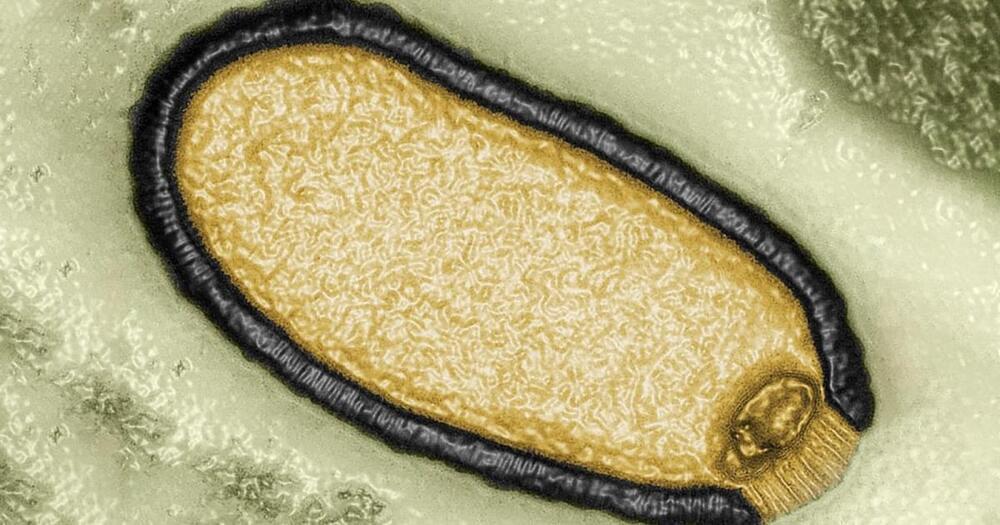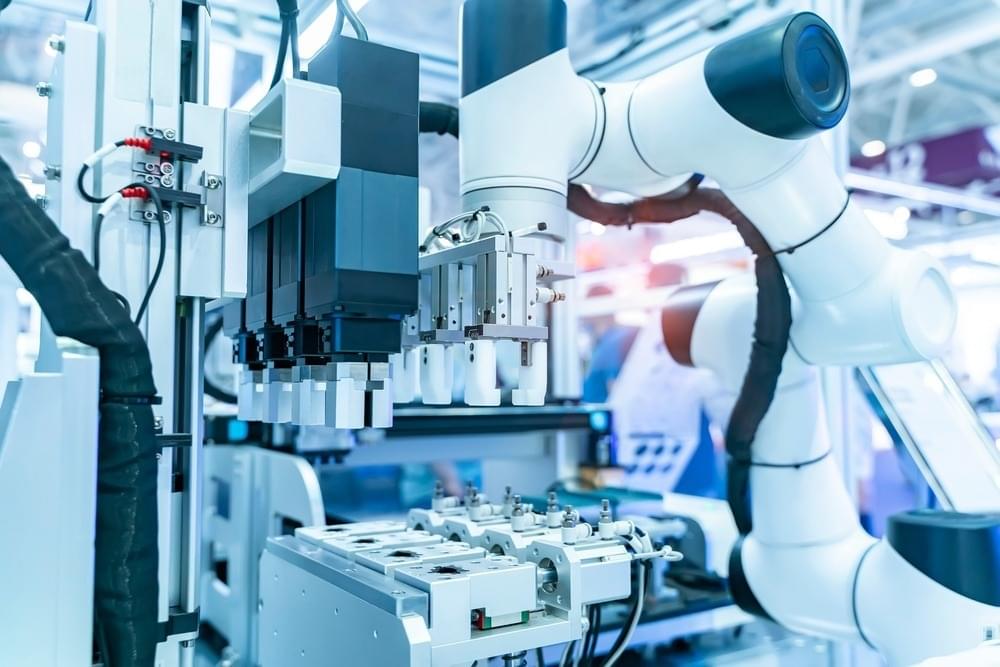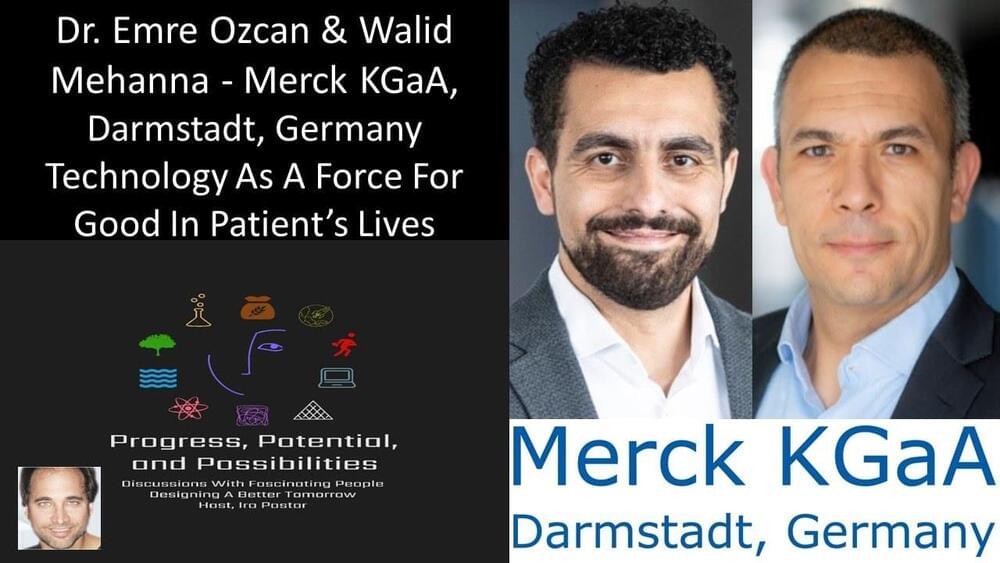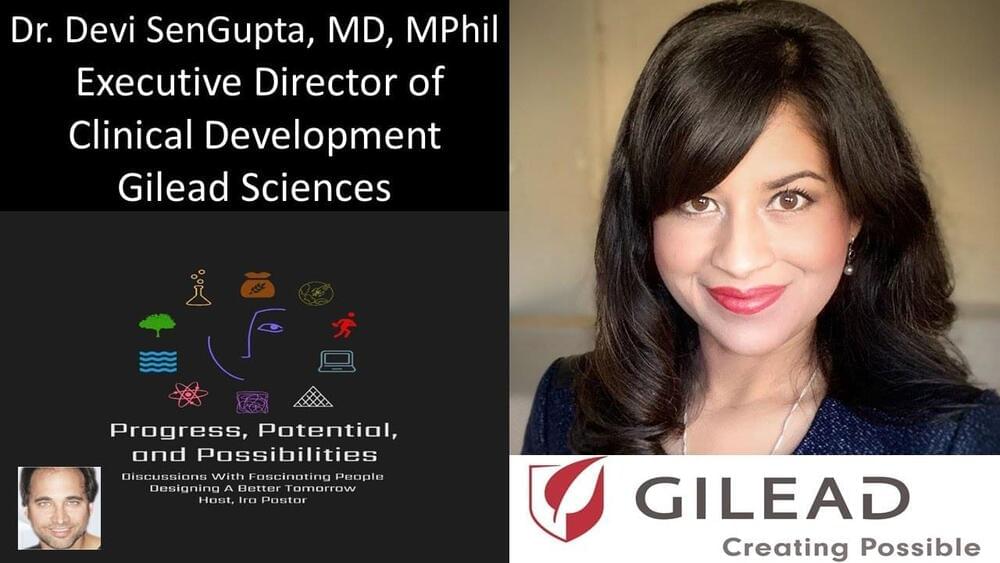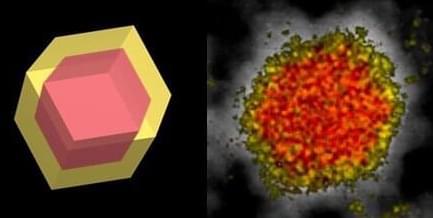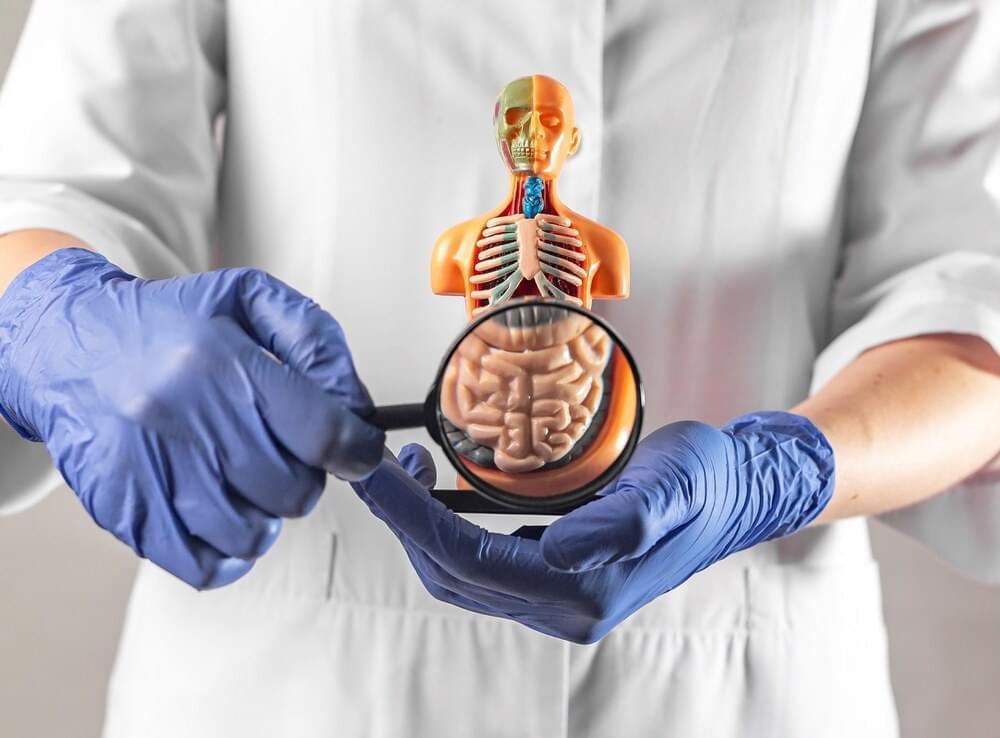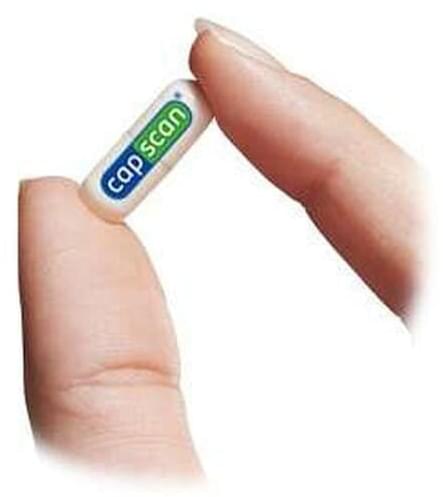
Using a specially designed capsule, researchers can now voyage through the digestive system, collecting new data about digestion and microorganisms. The work by a team including researchers at the University of California, Davis, Stanford University and Envivo Bio Inc., is published May 10 in papers in Nature and Nature Metabolism.
Most of the process of digestion takes place in our small intestine, where enzymes break down food so it can be absorbed through the gut wall.
“The small intestine has so far only been accessible in sedated people who have fasted, and that’s not very helpful,” said Professor Oliver Fiehn, director of the West Coast Metabolomics Center at UC Davis. Metabolomics is the study of the metabolome, the small molecules involved in metabolism in cells, tissues and organs. Fiehn is senior author on the Nature Metabolism paper and co-corresponding author on the Nature paper. Jacob Folz, a postdoctoral researcher at UC Davis, is first author on the Nature Metabolism paper.
